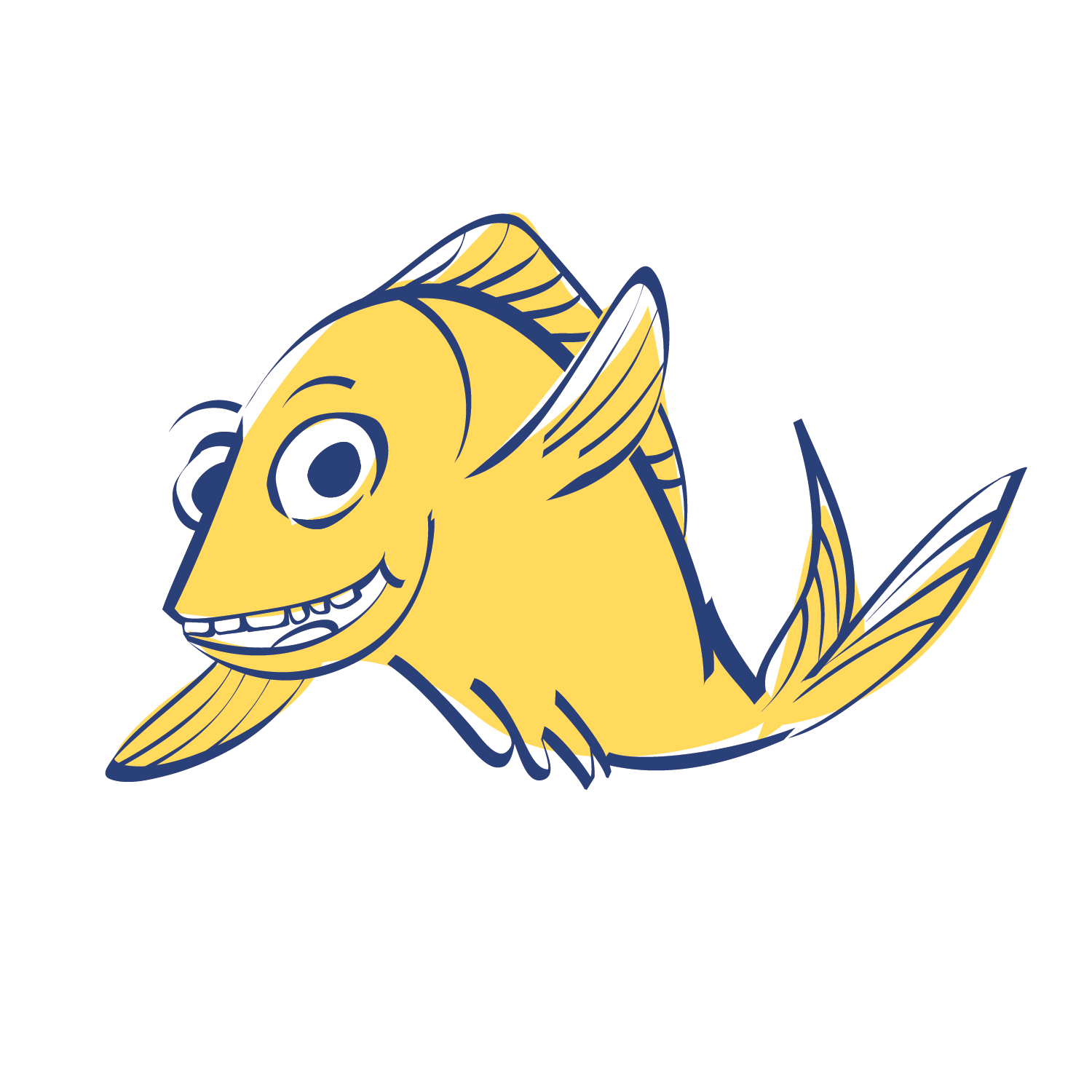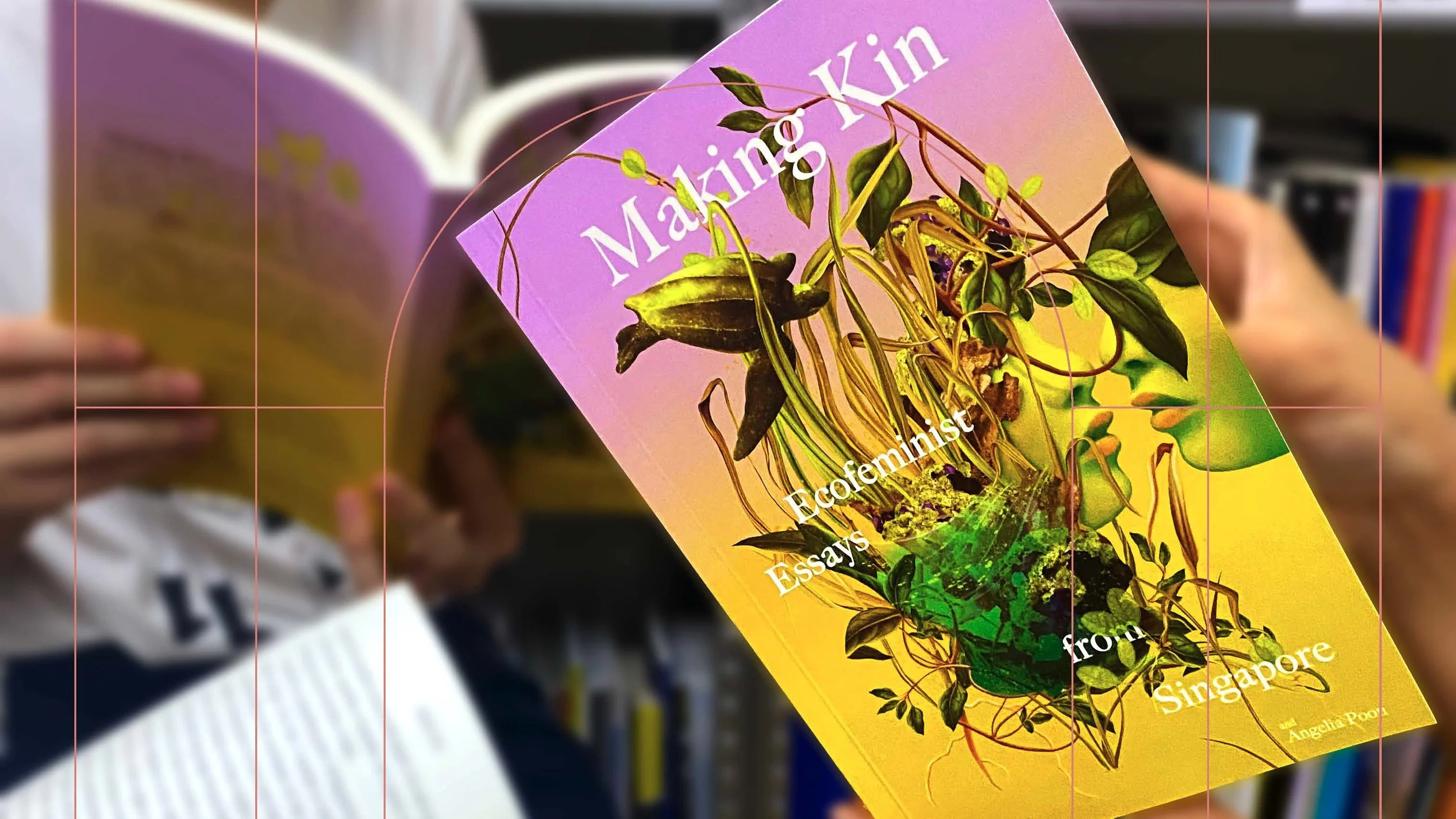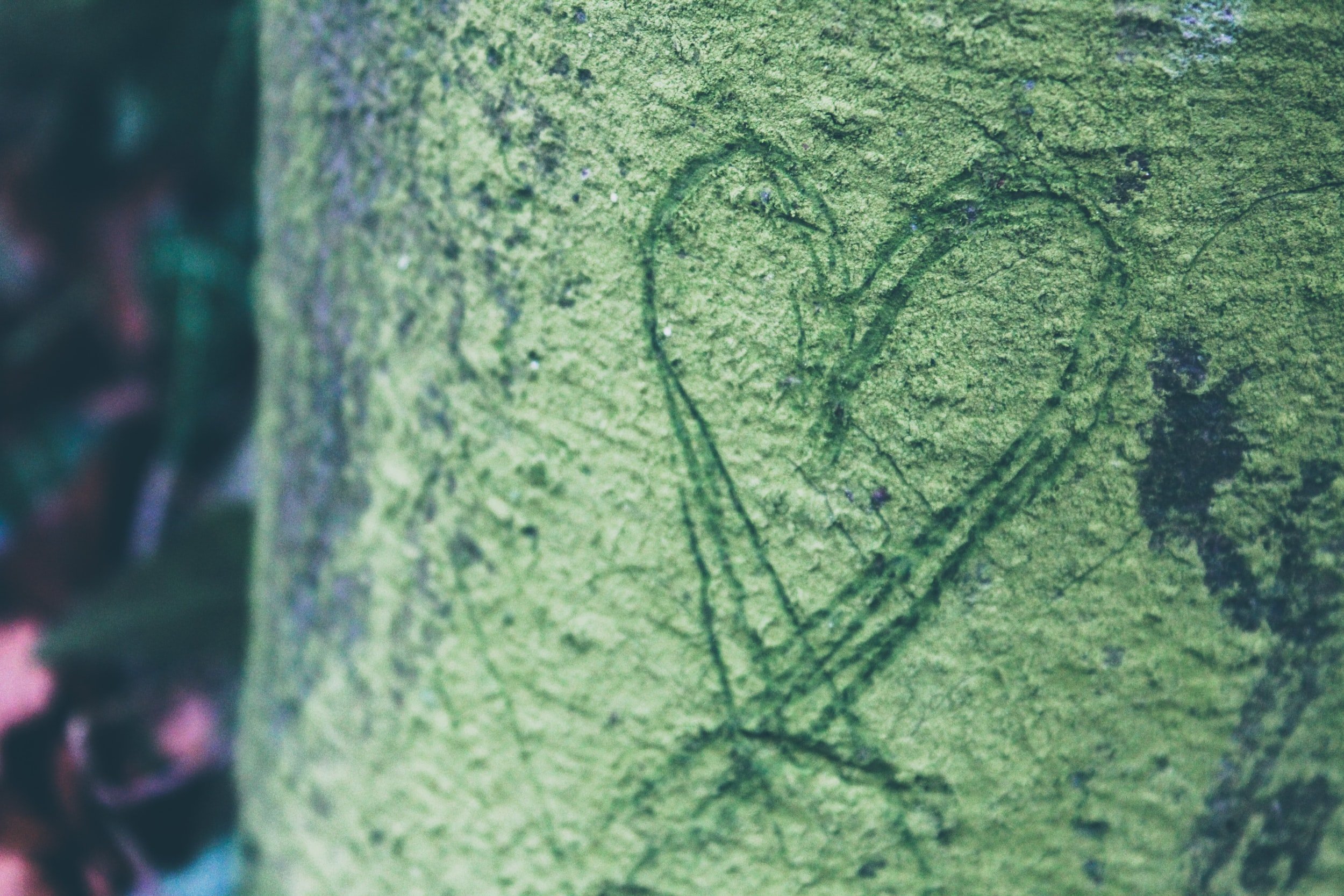TAKING THE TIME FOR ECOFEMINISM
A REVIEW OF “MAKING KIN: ECOFEMINIST ESSAYS FROM SINGAPORE”
Carolyn Oei, 31 October 2021
Story image courtesy of Ethos Books
Labels can be tricky. They both pigeon-hole and clarify. They connect and distance. “Ecofeminism” is a big label. If it were a pair of shoes, it would be massive; only big feet that have trodden far and wide would fit. Ecofeminism as an area of study is inherently and unavoidably intersectional in its quest to explore inequalities, inequities and generally atrocious human behaviour towards other humans and sentient beings and, notably, our relationship with Nature. Underlying the act of exploring, though, is the desire to influence and change.
The editors and some of the contributors to “Making Kin” make references to other writers and writing and I would like to make a reference of my own. Going beyond the act of exploring was the motivation behind the “Critique, Influence, Change” 2014 edition of “Ecofeminism” by Maria Mies and Vandana Shiva. Their first edition of the book was published in 1993. Twenty years is a long time by our standards, but merely nano seconds as far as Mother Nature is concerned. I make reference to this book because it is a trove of content that seeks to critique, influence and change through documentation, rumination and advocacy; all of which takes time.
There is, therefore, or at least in my mind, a similar criterion of time-infused critiquing, influencing and changing expected of any collection of writing that labels itself “ecofeminist”, even if in the form of the personal essay.
There are no rules as such when it comes to the personal essay. Personal essayists are at liberty to write about anything in any way and at any length. The contents of the personal essay, for instance, can be as personal, as intimate, as detailed or as uncomfortable as the essayist chooses. Yet, I note the “personal” in personal essay, which means that some navel-gazing is to be expected, nestled among the broader arguments of a larger writing brief, if there is one.
Speaking of a writing brief, I wonder what that might have been for “Making Kin”. Was it sufficient for contributors to talk about personal experiences that could be somewhat linked to the idea of woman-patriarchy-connections-earth or was there a firm requirement for contributors to be exacting about these links and to further the cause of ecofeminism?
Is it ecofeminism to talk about one’s ability to bake artisanal bread in pandemic times without a conversation on how others might be similarly enabled to do so? Is it ecofeminism to lament the disappearance of greenery because it signifies the loss of personal space for healing without a discussion of how we might be part of a movement that moderates the rate at which forests are cleared? Is it ecofeminism to talk about the bogeyman that is the scarcity argument without considering if there are alternatives to purely capitalist ways of being?
When I started reading “Making Kin”, I anticipated that this wasn’t meant to be a leisurely read for literary pleasure. I wished for the woman’s perspective on her existence in a capitalist patriarchy in the vein of “critique, influence, change”. There are a few essays in “Making Kin” that have this.
“CRITIQUE, INFLUENCE, CHANGE”
“Coming Home: Healing from Intergenerational Trauma” by Nurul Fadiah Johari struck a chord with me. Her essay pinpoints a key reason why so many of us feel so alone when faced with the issue of mental health and general well-being. Nurul Fadiah writes:
“…we need to reconfigure how care is constituted within our everyday lives, and across our social structures…I wish to hear more narratives of mutual support and care, and for people to talk about their healing as a collective effort shared by those around them.”
In “The Power of Small Actions”, Kanwaljit Soin, a stalwart of equal rights activism in Singapore, speaks candidly about vegetarianism and her opposition to capital punishment while simultaneously drawing a beautiful and fragile backdrop that helps readers situate themselves comfortably in her tapestry.
Choo Kah Ying’s “Finding a Home for Sebastien, My Autistic Son: From Peucang Island to Bali” had me exclaiming, several times over, “You did what???” The essay is such a brave one and fertile ground for deep discussions into challenging topics like parenting and parenthood.
Aren’t deep discussions about potentially seismic shifts in the way we do things what we ought to be having when we attempt to view the world with an ecofeminist lens?
As an exercise in exploration, “Making Kin” achieves its objectives. As a work of creative non-fiction that might have sought to contribute to the body of ecofeminist work already done by other women around the world, it could have benefitted from greater editorial criticality and, quite simply, more time.



